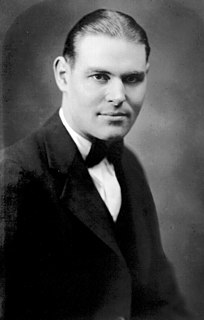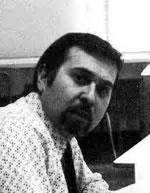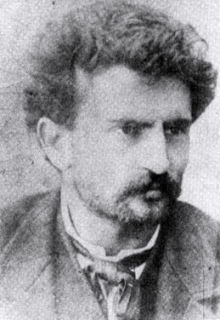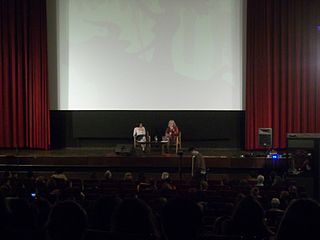A Quote by Ayn Rand
Collectivism, as an intellectual power and a moral ideal, is dead. But freedom and individualism, and their political expression, capitalism, have not yet been discovered.
Related Quotes
Viewed as a means to the end of political freedom, economic arrangements are important because of their effect on the concentration or dispersion of power. The kind of economic organization that provides economic freedom directly, namely, competitive capitalism, also promotes political freedom because it separates economic power from political power and in this way enables the one to offset the other
As a cultural-intellectual power and a moral ideal, collectivism died in World War II. If we are still rolling in its direction, it is only by the inertia of a void and the momentum of disintegration. A social movement that began with the ponderous, brain-cracking, dialectical constructs of Hegel and Marx, and ends up with a horde of morally unwashed children stamping their foot and shrieking: "I want it now is through."
The three values which men had held for centuries and which have now collapsed are: mysticism, collectivism, altruism. Mysticism — as a cultural power — died at the time of the Renaissance. Collectivism — as a political ideal — died in World War II. As to altruism — it has never been alive. It is the poison of death in the blood of Western civilization, and men survived it only to the extent to which they neither believed nor practiced it.
The basic struggle today is not between individualism and collectivism, free enterprise and socialism, democracy and dictatorship. These are only the superficial manifestations of a deeper struggle which is moral and spiritual and involves above all else whether man shall exist for the state, or the state for man, and whether freedom is of the spirit or a concession of a materialized society.
And when you look at the twentieth-century experiment with collectivism-that Ayn Rand, more than anybody else, did such a good job of articulating the pitfalls of statism and collectivism-you can't find another thinker or writer who did a better job of describing and laying out the moral case for capitalism than Ayn Rand.
There ought not be two histories, one of political and moral action and one of political and moral theorizing, because there were not two pasts, one populated only by actions, the other only by theories. Every action is the bearer and expression of more or less theory-laden beliefs and concepts; every piece of theorizing and every expression of belief is a politcal and moral action.
In the anarchist milieu, communism, individualism, collectivism, mutualism and all the intermediate and eclectic programmes are simply the ways considered best for achieving freedom and solidarity in economic life; the ways believed to correspond more closely with justice and freedom for the distribution of the means of production and the products of labour among men. Bakunin was an anarchist, and he was a collectivist, an outspoken enemy of communism because he saw in it the negation of freedom and, therefore, of human dignity.
A Call for Revolution, 1993 Libertarianism is rejected by the modern left - which preaches individualism but practices collectivism. Capitalism is rejected by the modern right - which preaches enterprise but practices protectionism. The libertarian faith in the mind of man is rejected by religionists who have faith only in the sins of man. . . . The libertarian insistence that each man is a sovereign land of liberty, with his primary allegiance to himself, is rejected by patriots who sing of freedom but also shout of banners and boundaries.
Freedom is the very essence of life, the impelling force in all intellectual and social development, the creator of every new outlook for the future of mankind. The liberation of man from economic exploitation and from intellectual and political oppression, which finds its finest expression in the world-philosophy of Anarchism, is the first prerequisite for the evolution of a higher social culture and a new humanity.



































